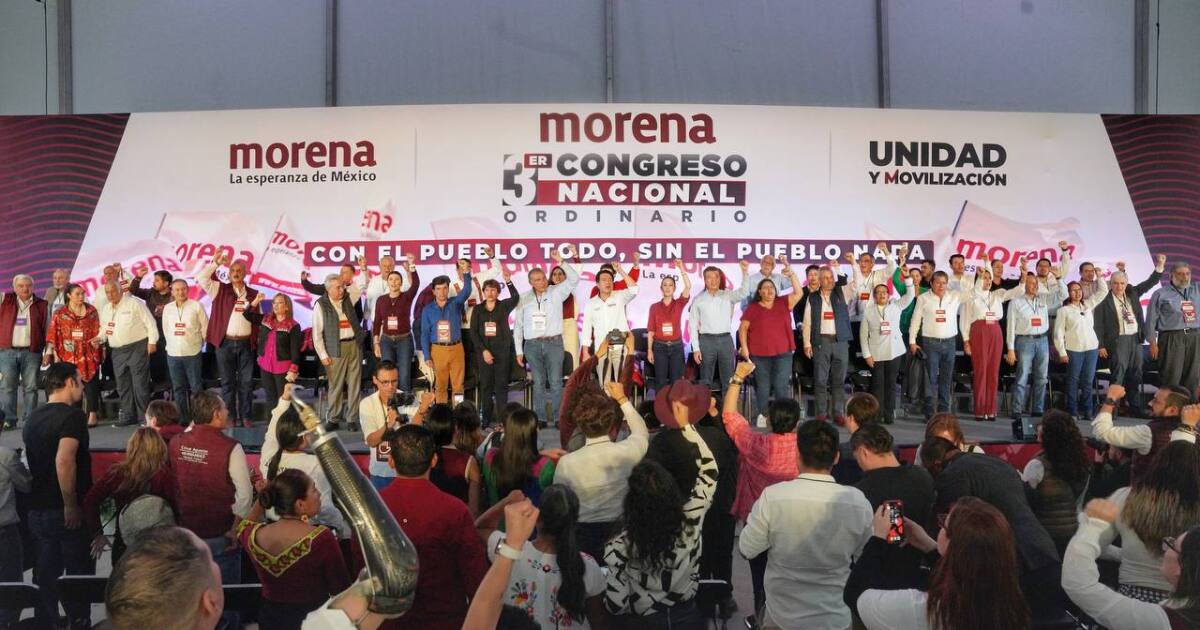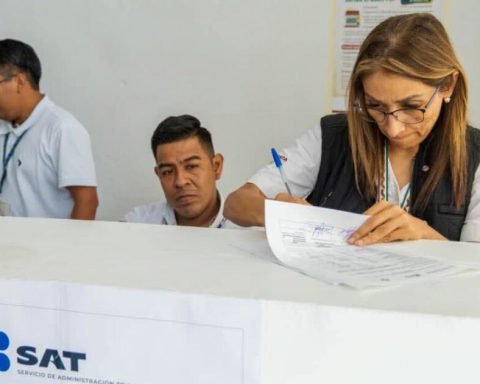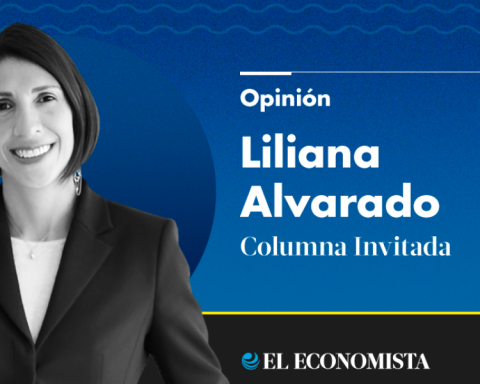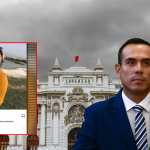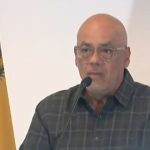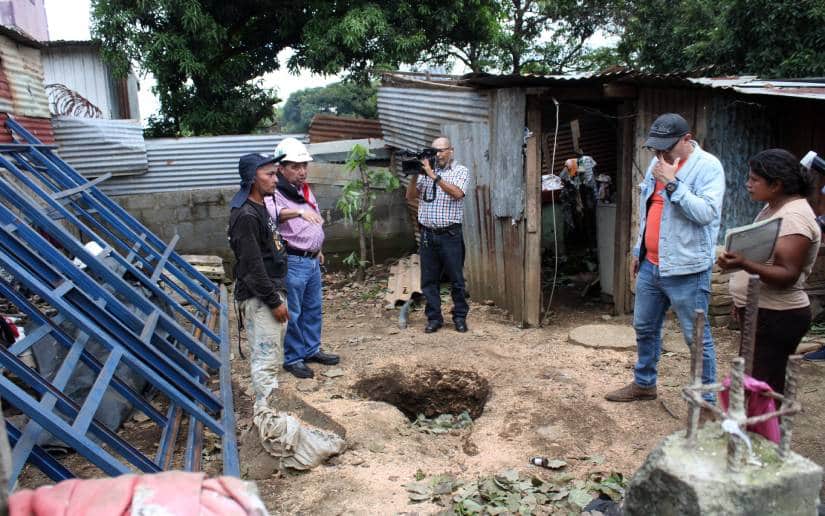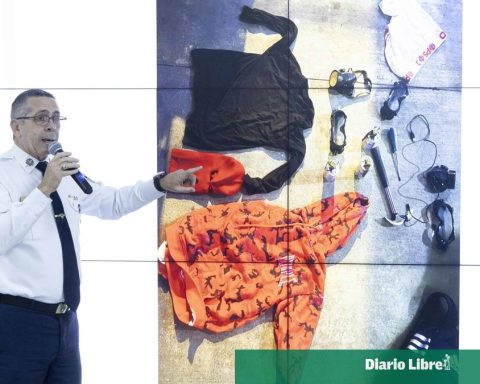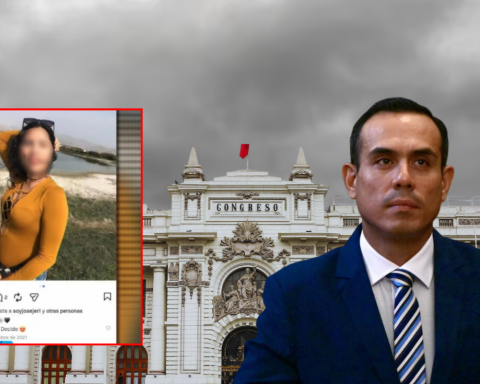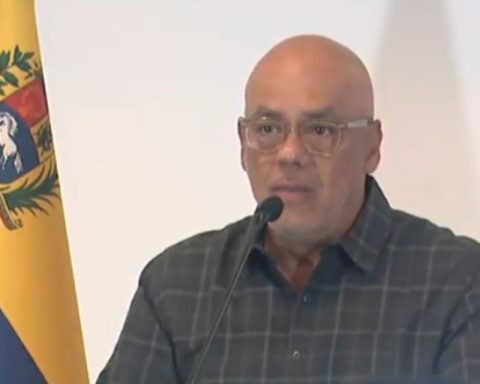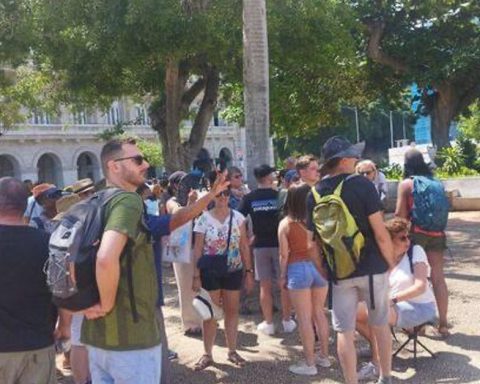Specifically, article 8 of the Statute of that party, which has remained unchanged since its foundation eight years ago, indicates that “the executive management bodies of Morena should not include authorities, officials or members of the legislative, executive and judicial powers of municipalities, states and the federation.
The emphasis on the executive character is relevant, since in this party there are seven types of bodies: constitutive, leadership; of direction; of execution; electoral; consultative and jurisdictional.
The prohibition to hold public office is for those who are in the executive management bodies and, according to article 14 bis of the Statute, there are four: the execution bodies: “Municipal Committees, District Coordination, State Executive Committees and National Executive Committee”.
The same Statute also establishes that the district coordinators are simultaneously councilors and state congressmen, as well as national congressmen.
That is why the 3,000 congressmen elected in the 300 district assemblies and who were installed in the National Congress were prevented from simultaneously holding public office, since they hold an executive management position, as they are members of the district coordination, and they cannot have that position either. duplicity if they are members of state or national leaders.
In its resolution of October 7, the CNHyJ ordered those who were in that condition to be removed from public office “in a short time” with the warning that “failure to comply with the provisions constitutes a breach of Morena’s regulations subject to sanction by this body.”
reverse the agreement
After that resolution, on Monday, October 10, the president of Morena, Mario Delgado, hinted that he would ask the CNHyJ not to comply with its function of applying the Statute and “that in these cases they help us” so as not to enforce the rules. internal and “no way, help us and double.”
“Well, no way, that they help us and double down, we know that it is a workload for them and for them (…) We are going to ask the Honesty Commission as the Executive Committee to help us in these cases because of the importance that we are asking on the double court, from the legislature and from the party itself, so that they allow us to work in the commissions that they currently have.”
Delgado referred to the case of Citlalli Hernández and deputy Andrea Chávez, to exemplify that the party needs them to fulfill their two functions.
“In the case of Senator Citlalli (…) she is a combative woman, with a lot of clarity about our movement (…) Her presence in the Senate is a fundamental element for us.
“And what to say about Andrea, if Andrea left her seat in the Chamber, then she would leave a void that would be very difficult to fill, because she is one of our most outstanding, most combative deputies. So, we want her to continue to have a presence in the Chamber of Deputies and, in addition, we want her to help us with her task at the Communications Secretariat, ”she explained.
After that “recommendation”, On Friday the 14th, the Commission reversed, left its first agreement “ineffective” and even erased it from the courts. Which, according to Ackerman, is illegal and has already been challenged.
In that agreement, on the one hand, it declared the entry into force of the statutory reform –what the INE and the TEPJF have to do– Regarding “the organizational structure of Morena”, that is, it validated that the governors and whoever occupies the head of government of the city, can be members of the National Council.
That before the statutory reform was not valid and, as was said, the changes to the basic documents of Morena are still subject to the declaration of constitutionality in charge of the electoral instances.
According to the new rules of that party -when they are validated by the INE-, the governors would be the only ones exempt to hold public office and at the same time one in Morena, but not the rest of the councilors.
In its new agreement, the CNHyJ also considered reformed, as agreed by Congress, article 14bis of the Statute, which eliminated the “district coordination” as executive bodies.
With this, the 2,000 who today “double” would become legal. But for this, it decided to apply the reform retroactively, since the coordinators were elected based on the “old” Statute, according to which, as district congressmen, they are prohibited from belonging to government or legislative bodies and had to resign to meet the requirements even, of register as candidates and then to be voted and elected.
The The National Elections Commission was responsible for deciding which morenistas met the requirements and who did not.on lists that missed internal deadlines.
